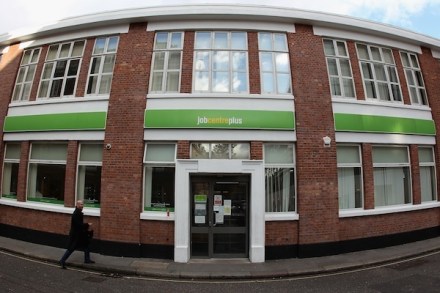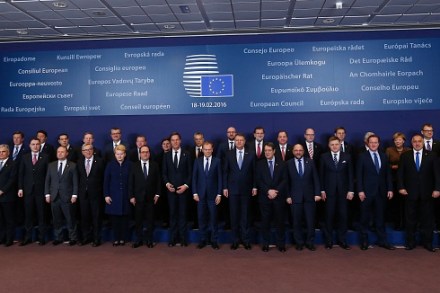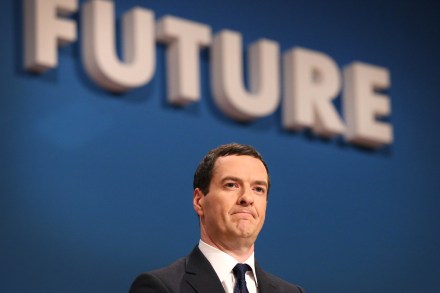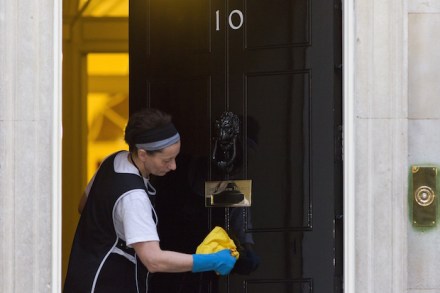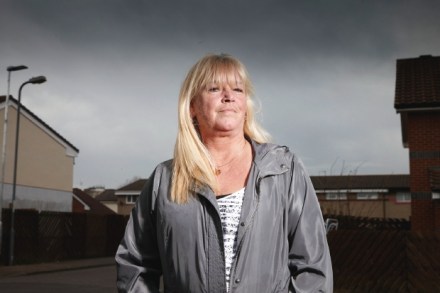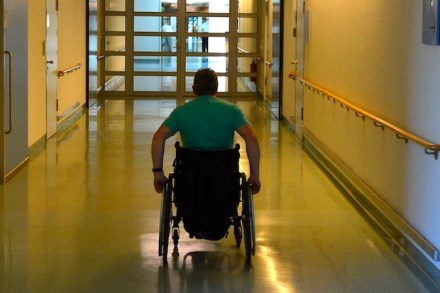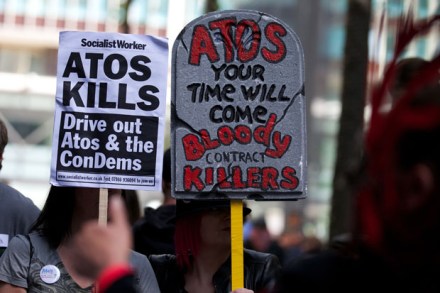The Tories only have themselves to blame for Labour’s threat to Universal Credit
The Labour Party is buzzing about in Iain Duncan Smith’s constituency today, threatening both to unseat the former Conservative leader and scrap the reform he introduced: Universal Credit. Jeremy Corbyn made the promise, saying the changes to the benefits system have been an ‘unmitigated disaster’. The party will first get rid of the most controversial aspects of UC – including the fitness-to-work tests, the two-child limit, and sanctions which dock benefits from claimants who miss appointments – before scrapping it entirely. This has naturally prompted protests from the Tories, including some of the many MPs who served as work and pensions Secretary at one point or another. But the truth




